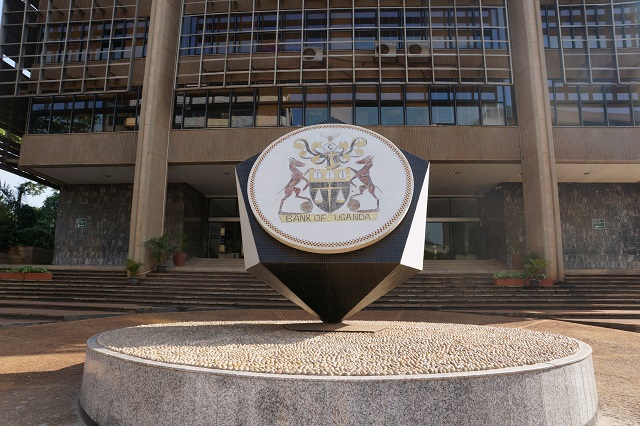
Kampala, Uganda | THE INDEPENDENT | Domestic Borrowing by the government is creating a class of lazy investors, according to the Uganda Debt Network-UDN.
Domestic Borrowing is done through the issuance of securities like treasury bills, which are short term debt instruments with tenures ranging from 91, 182 and 364 days and treasury bonds with a maturity period of more than a year.
These investments are considered advantageous because they consider the guaranteed rate of return and have no value loss. Currently, Uganda’s total domestic debt stands at USD 4.82 billion (17.98 trillion Shillings).
Besides crowding out the private sector, Julius Kapwepwe, the Executive Director of Uganda Debt Network, says that the persistent domestic borrowing from commercial banks by the government will create lazy investors who will go for the guaranteed profits from the government securities at the expense of other productive sectors of the economy.
Speaking to URN in an interview, Kapwepwe also observed that new tax measures introduced by the government every year will not lessen the appetite for domestic and external borrowing unless fiscal discipline is exercised. He believes Uganda is affected by the culture of impunity and fiscal indiscipline such as the failure to collect all taxes and provide full disclosure on utilization of taxes.
He says there is a need to increase sanctions through the office of the Accountant General so that accounting officers can reduce the leakage of public resources. This should be complemented by strengthening anti-corruption agencies.
The stock of total public debt grew from USD12.55 billion at the end of June 2019 to USD15.27 billion (56.94 trillion Shillings) by June 2020 representing a 21.7 per cent growth. This has led to the debt repayment percentage of total revenue rising to 75 per cent.
Kapwepwe asserts that Uganda does not have the capacity to clear this loan burden, saying Uganda Debt Network and other African organizations have appealed to bilateral and other lenders like the IMF and World Bank for total debt cancellation.
Kapwepwe says reducing indebtedness can be done by investing the borrowed funds into projects that are integrated into the rest of the economy. He says this will provide maximum utility from each program invested in and will improve Uganda’s ability to pay back the loans.
********
URN
 The Independent Uganda: You get the Truth we Pay the Price
The Independent Uganda: You get the Truth we Pay the Price


